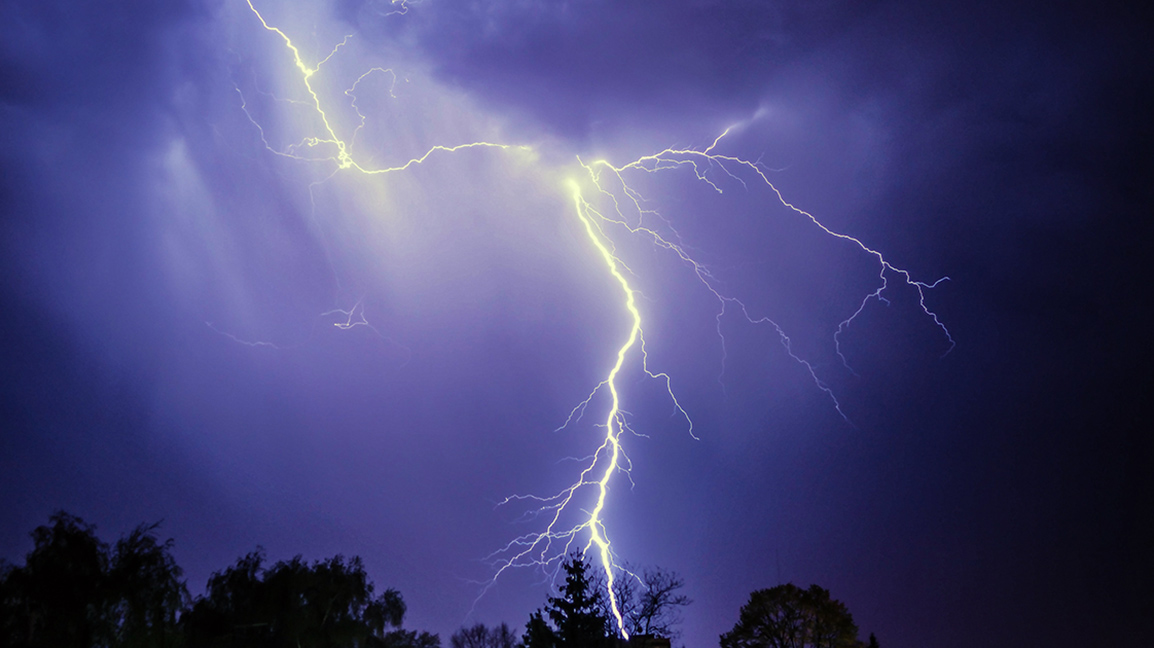
When a disaster or emergency strikes, it’s too late to plan for how you will respond. At that point, it’s all about action.
While no one wants to face an emergency or disaster, learning about your risks and making plans now is a great way to ensure you are as prepared as possible in a crisis.
Learn about the hazards you could face
Each geographic location has its own set of hazards and threats. You should learn about the hazards that could affect Winnipeg and how we prepare by completing the self-led online Ready Winnipeg course. You can also request a customized in-person presentation for your school or community group.
Think about your own situation
Once you know what you’re preparing for, think about how your own household or family will be affected if you have to evacuate or shelter in place for a few days.
Consider your children and how you will pick them up, what types of supplies you’ll need for babies, kids, or pets, and whether there is anyone else in your family or community you would want to check on. Remember your own needs too.
Make a plan
Make an emergency plan that includes what you and every member of your household will do if a disaster strikes both while you’re at home or if you’re away.
Create an emergency kit that can last you for at least 72 hours. Make a go bag that has less items that you can take if you have to leave in a hurry. Include prescriptions, baby supplies, pet items, and important documents.
Update and talk about your plan
Keep your emergency kit, your go bag, and your plan up to date and somewhere you can easily find it.
Check expiry dates on all items and update them regularly, and make sure everyone in your household knows where to find it.
Consider your home
Whether you live in a house or an apartment, you should have either property or tenant insurance. Check your insurance to make sure it’s up to date.
Also think about climate impacts and what you can do to protect your home and property from a severe storm or disaster.
Stay up to date
In an emergency or disaster, make sure you have the information you need to keep yourself safe. Follow the City of Winnipeg and other trusted sources on social media. In an emergency, social media is one way we will communicate with residents.
Connect with community
Build a strong network of family, friends, neighbours and caregivers and include them in your emergency planning.
This can help keep you safe in an emergency. A strong support network can work together during evacuations. You can help gather medical or emergency supplies and check in on one another.
